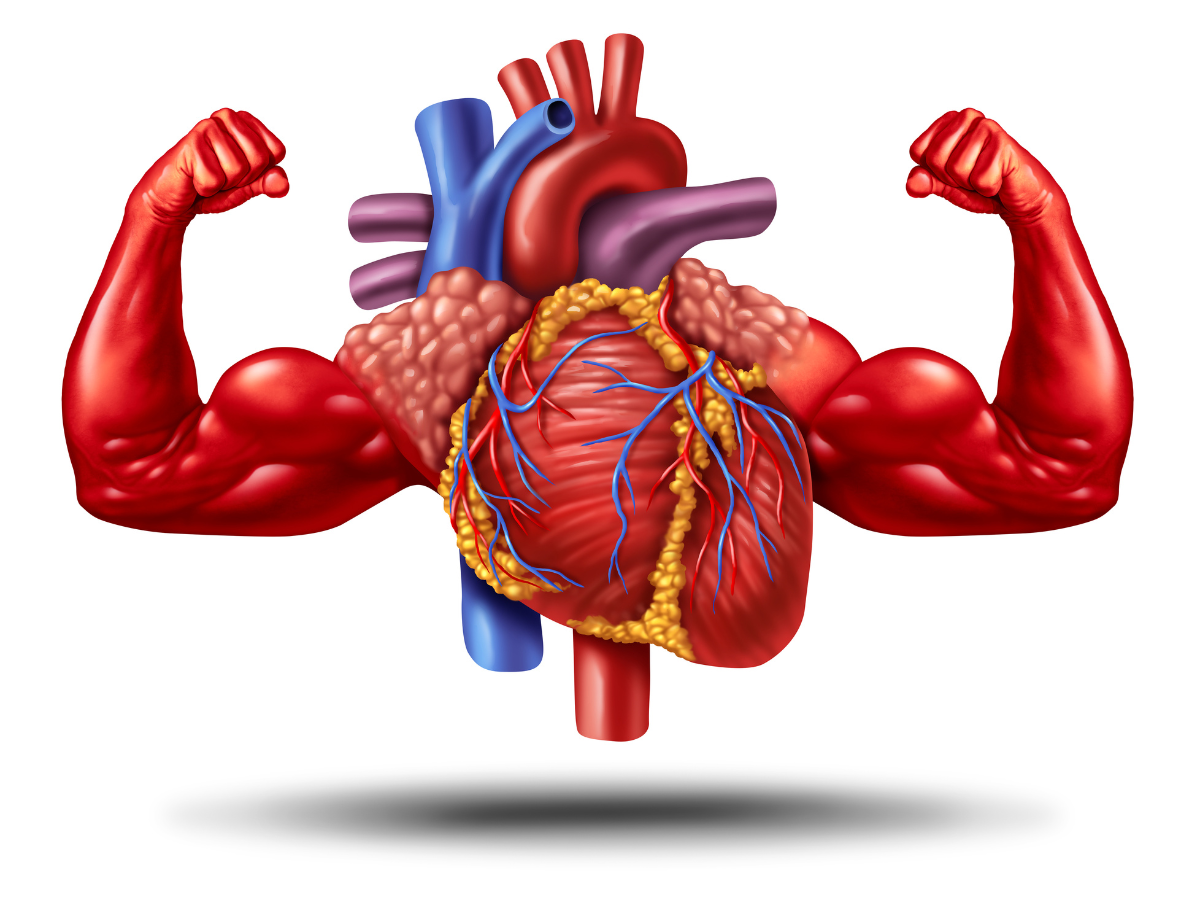
Intermittent fasting (IF) has recently gained buzz as a weight loss buzzword. However, increasing research indicates it can also be a force to be reckoned with in terms of managing and potentially even reversing type 2 diabetes.
From enhanced insulin sensitivity to decreasing medication reliance, here's a closer look at what science has to say. (Source: Medical News Today)
What is intermittent fasting?
Intermittent fasting isn't so much about what you consume, but when. Traditional methods include
- Time-restricted feeding (such as 16:8), where you eat within 8 hours every day
- 5:2 approach, where you have normal food five days of the week and restrict calorie intake to about 500–600 on the other two days
- Alternate-day fasting, which means fasting every other day or very low-calorie consumption on fasting days
- All these approaches permit the body to go long periods without food, which could enhance how the body manages glucose and fat.
What do the studies reveal about this fasting method?

Recent clinical trials and meta-analyses have reported promising impacts of intermittent fasting on blood glucose, weight, and metabolic indicators in patients with type 2 diabetes.Randomized trial: 5:2 Fasting vs. Diabetes drug-One trial with more than 400 adults with new-onset type 2 diabetes compared intermittent fasting with usual medications such as metformin and empagliflozin. The findings were astounding:
- Individuals in the fasting group demonstrated more decline in HbA1c (a marker for long-term blood sugar) than subjects on medication.
- Weight loss in the fasting group averaged close to 10 kg, much more than in the medication groups.
- Waist circumference, blood pressure, and cholesterol levels also showed improvements
- This trial hinted at the possibility that fasting could provide outcomes equal to or superior to medication, at least in the short term.
Diabetes remission with IF
In a smaller Chinese study, about half of the participants attained medication-free remission after three months of intermittent fasting. A year on, many of them were still in remission, and most in the control group were still receiving treatment.
In another case series, three long-term insulin-dependent patients managed to discontinue insulin altogether within one month of initiating intermittent fasting. They experienced improvement in blood sugars, together with decreases in weight and waist circumference.
How does this type of fasting work?

Several physiological processes account for why intermittent fasting might be useful for managing diabetes:Insulin Sensitivity: Fasting makes it possible for insulin levels to decrease for a prolonged duration, enabling cells to grow more sensitive to insulin over timeFat loss: Fat loss is enhanced by IF, particularly visceral fat surrounding the pancreas and liver, which can enhance organ functionMetabolic switching: When fasting, the body changes from glucose use to fat and ketone use, a process that can help blood sugar regulationHormonal regulation: IF can reset circadian rhythms and affect hormones that regulate hunger, satiety, and metabolism
Before initiating intermittent fasting, individuals with type 2 diabetes should:
- See a healthcare professional, particularly if on medication
- Closely monitor blood glucose levels
- Begin with a gradual method, such as a 12:12 or 14:10 fasting period, and advance slowly
- Prioritize food that is high in nutrients during eating periods, such as fiber, lean protein, healthy fats, and complex carbohydrates
Intermittent fasting also has high promise as a treatment for type 2 diabetes, especially in the newly diagnosed.
It is not an absolute cure or definitive route to remission, as research indicates, but evidence does indicate that IF can enhance glycemic control, facilitate weight loss, and even discontinue or reduce medication in some cases.Nevertheless, it has to be done safely, with medical monitoring and an emphasis on long-term lifestyle modifications. As with any diabetes management plan, what suits one best is highly individualized. If you're trying intermittent fasting for the first time, talk to your doctor or registered dietitian to develop a plan based on your health status.

 10 hours ago
49
10 hours ago
49




























 English (US)
English (US)